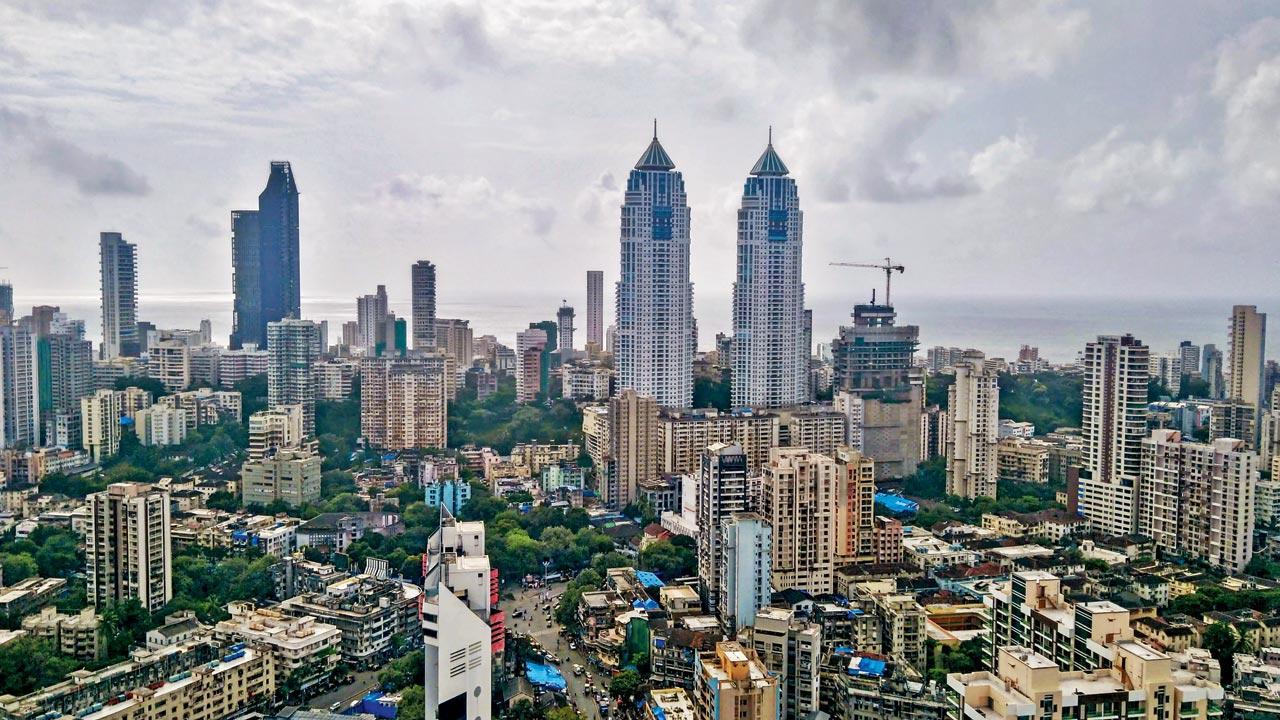Mumbai: BMC blindly increases property tax by 15-20 per cent

After issuing property tax bills almost eight months late, the civic body delivered another blow to citizens with an unannounced increase of 15-20 per cent in their bill amount as compared to last year. The bills were issued with a footnote stating that they are being issued on a security/ad-hoc basis until a final policy decision regarding property tax is made.
The move drew criticism from former corporator Asif Zakaria who wrote to the civic commissioner alleging that the BMC has been collecting extra tax from citizens—from 2010 to 2023—and now instead of a refund, more of the taxpayers’ money is being grabbed.
Every year, the Brihanmumbai Municipal Corporation (BMC) starts issuing the property tax bill in April. This year, despite repeated requests from citizens, the BMC delayed the procedure and started issuing bills in the first week of December. Many citizens haven’t received a physical copy of the bill, but most of them can access it online. “We inquired even last month. Now we can see our bill online, which is more than 15 per cent than last year. I went personally to the ward office to pay the bill by cheque, but the system was down and the employee suggested that I should wait for a few more days as there is an ambiguity over the amount of the property tax,” said a resident of Dadar.
This year, the BMC started issuing property tax bills in December. Representation pic
As mandated, the BMC can increase the tax every five years, but the proposal to hike the taxes wasn’t approved in the last three years, since 2020. Property tax is the second largest source of revenue for the BMC but the corporation couldn’t manage to collect it as per the target for the last seven years. Now, the move to increase the tax for security reasons has raised the eyebrows of many.
Asif Zakaria—a former corporator from Bandra—wrote a letter to BMC Commissioner and Administrator Iqbal Singh Chahal regarding the increased property tax bill issued for 2023-2024 on Friday. He told mid-day that although Property Tax is the second largest source of revenue for the corporation, it is still in dire need of revenue to continue with various development and infra works. “But this doesn`t justify the corporation issuing security/ad hoc bills with an increased amount, thereby putting additional burden on citizens. I request the BMC to re-consider the issuance of the new bill immediately,” Zakaria said.
Chahal said the letter will be examined on its merits by the property tax department. “The property tax bills were uploaded just now and physical copies are not handed out yet. If there is any clerical error we will rectify it and issue new bills,” he said, adding that he doesn’t know how bills are being issued with increased amounts as he didn’t receive the file for sanction.
What the letter states
The Capital Valuation Rules 2010 implemented in March 2012 were defective, faulty and not in consonance with the amendment act. Eventually, the High Court by its order dated April 24, 2019, had set aside certain rules, particularly Rule Nos. 20, 21 and 22. Further the Supreme Court by its order dated November 7, 2022, had upheld the decision of the HC and the corporation has been directed to reframe the said rules.
No new assessment process was commissioned w.e.f. 2012 onwards. The corporation had not informed the taxpayers how much refund they would get and how the same would be adjusted against future taxes. The corporation has unlawfully withheld taxpayers’ money from them. This highlights that the corporation has disregarded the court order.
It is almost a year since the court order was issued, but the BMC did not frame new rules—namely 20, 21 and 22—which were set aside by the HC order.
2020
Year property tax was to be hiked
As per court orders these changes were to be made:
. Property tax for the years 2010 to 2012 was to be taxed as per the Rateable Value System.
. Assessment of capital valuation on the basis of carpet area instead of built-up area. Further the area under the Stamp Duty Ready Reckoner is a BUA rate which has a component of 1.2 factor.
. Open/vacant land to be assessed based on FSI 1 and not on potential FSI. The corporation was charging tax as per the potential of the plot or approved plan with 2.5 FSI/4 FSI as per the project.
. As regards to the old buildings assessment/arriving on the capital value, the depreciation factor was adopted from rules and not from the Ready Reckoner. As building rates are taken from the Ready Reckoner which has been fixed considering guidelines the depreciation should be based on this factor.
. All the above would need a major reworking of the Capital Value System and a refund would be needed to be given to the citizens who had paid the full amount, along with interest as per section 140A (2) as in a majority of cases, the BMC has wrongly forced the citizens into paying the full amounts.

Atul Tiwari is a seasoned journalist at Mumbai Times, specializing in city news, culture, and human-interest stories. With a knack for uncovering compelling narratives, Atul brings Mumbai’s vibrant spirit to life through his writing.





